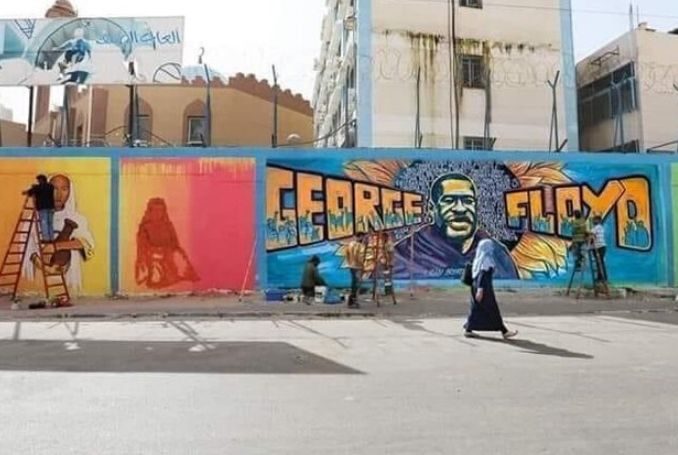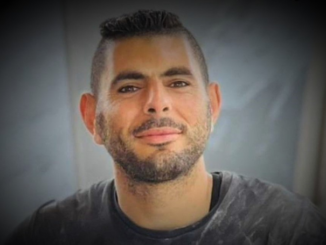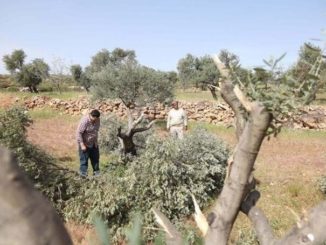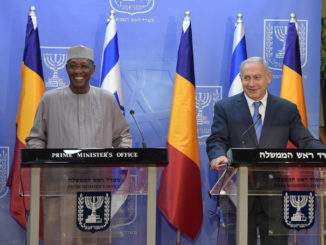
By Benay Blend
“In the 70s,” writes author Ibtisam Barakat, “the UN passed a resolution that Zionism is Racism.” By the 90s, that mood changed. Due to efforts to prolong South African apartheid, to prolong the Israeli Occupation, she continues, not to mention the strength of the Israel lobby, the UN altered its position. “Black lives matter,” she concludes, “changes everything,” because it gives strength to the global struggle.
Significantly, Barakat posted these thoughts on Nakba Day, May 15, 2021. In response to 73 years of Israeli oppression, Palestinians are participating in an uprising that unites all of Palestine. As Ramzy Baroud explains:
“in their spontaneous reaction and genuine communal solidarity, Palestinians are finally rising as one, from Sheikh Jarrah to all of Jerusalem, to Gaza, to Nablus and even to Palestinian towns inside Israel, such as Al Lud, Umm Al Fahm and elsewhere. In this popular revolution, no factions matter, no geography matters, no political division of any kind matters and religion is not a source of division but spiritual unity.”
The flashpoint in the latest round of violence stems from efforts to evict residents of Sheikh Jarrah in order to replace them with Israeli settlers. As Baroud points out, however, this most recent ethnic cleansing has a long history, justified “through a series of laws unique to Israel, laws that give a legal cover to outright theft and land robbery.”
It is this structural racism on the part of the Zionist regime that lends the liberation struggle its international, anti-colonial caste. In “Palestine Activism in an Anti-Racist Framework,” Mike Merryman-Lotz explains that such acts of aggression must be viewed within a larger framework of “past and ongoing dispossession, inequality, and occupation.”
Merryman-Lotz continues that “the roots of the conflict cannot be found in personalized violence nor misunderstanding between people.” This is why he suggests organizing around a clear set of anti-normalization principles. Normalization, he defines “as any project, initiative, or activity, in Palestine or internationally, that aims (implicitly or explicitly) to bring together Palestinians and Israelis (people or institutions) without placing as its goal opposition and resistance to the Israeli occupation and structural inequalities.”
This description acknowledges that projects that seek to “reduce the conflict to an interpersonal and relational struggle based on misunderstandings and conflicting historic narratives” sidestep political and structural inequalities that stem from the ongoing Occupation. In the United States, the same judgement could be levied against diversity programs that rely on overcoming personal bigotry but leave in place structural injustices that continue after participants go home.
“Rather than serving as transformative processes,” Merryman-Lotz concludes, “such programs often further entrench conflict by providing a veneer of normality that serves to cover real inequality.” For example, On May 14, 2021, Jewish and Arab residents in Lod held a joint meeting in order to discuss the violence. In a strange turn of facts, one participant on the Facebook thread declared: “Peace and brotherhood initiatives during war (which one side declared another) consciously creates the most worn word from the last two days: “Symmetry.”
That much of the post was true, but each side did not share the same power. He qualified, howver, by adding that each side did not bear the same responsibility for “terrorism. We must first clean the streets of Lod and other involved cities from all terrorists! Then we will do ceremonies and light candles in the square with those who will declare total loyalty to the Jewish state.”
Anti-normalization positions are not opposed to “contact[s] between individuals based on identity,” a charge I’ve also heard, but, as Merryman-Lotz explains, these kinds of projects are not “value neutral forums.” This does not mean that groups should not work together in coalitions, but rather take care that “we are challenging and not reinforcing discriminatory, racist, or otherwise harmful ideologies held by these individuals and groups whether related to Palestine or to other issues.”
In a Facebook post, journalist/activist Ramzy Baroud explains that putting pressure on mainstream media and reaching beyond the choir to ordinary Americans is important. Nevertheless, neither has proven responsive to pro-Palestine rhetoric. Accordingly, he suggests instead that connecting with “our sisters, brothers and comrades in Africa, Asia, South America and the rest of the world is as important, if not even more important.”
The global South, Baroud contends, has historically been supportive of Palestine, but Zionist propaganda and Western news outlets have made headway. Nevertheless, from Yemen to Venezuela to the heart of Dinétah (the Navajo Nation), there have been large rallies as well as demonstrative support for Palestinian liberation. These are the nations, among others, who understand colonialism, racism and apartheid first hand, so make natural allies.
“It is that kind of solidarity,” Baroud concludes, “that allowed anti-colonial liberation wars to be won in the past. Palestine is not the exception.” In Black Liberation and Palestine Solidarity (2013), Lenni Brenner and Mathew Quest trace the history of Black-Palestinian cohesion. For instance, in September 1964, Malcolm X spent two days in Gaza as part of his sojourn in African and Arab countries visiting with Palestinian leaders. From that experience came his essay “Zionist Logic” published in the Egyptian Gazette.
Moving to the Civil Rights movement, Brenner traces the transition of Kwame Ture (Stokely Carmichael) to anti-Zionism. Under the tutelage of Ethel Minor (who Brenner claims Ture never named in order to protect her from retaliation), the Student Nonviolent Coordinating Committee’s (SNCC) communication director, Ture learned of the close alliance between apartheid South Africa and the Israeli Government (p. 41). From there it was logical that his alliance turned to Palestine.
Accordingly, this article’s title quote is taken from Mawusi Ture, sister of Kwame Ture, an example proving that the alliance between radical Black activists and Palestine continues to this day. During the height of Israel’s bombing of Gaza, which also continues to this day, Ajamu Baraka asserted that “the call for ‘all sides’ to cease fighting is an immoral concession to U.S. and Israeli colonialism. There is only one side that is responsible for the violence – the Israeli occupation and settler state. End the occupation, dismantle the apartheid state, the violence ends.”
This kind of solidarity is crucial to Palestine’s liberation. While Palestinians have proved that they are quite capable of saving themselves, collaboration with the global South, as Ramzy Baroud suggests, is an important step in the liberation struggle towards freedom.
– Benay Blend earned her doctorate in American Studies from the University of New Mexico. Her scholarly works include Douglas Vakoch and Sam Mickey, Eds. (2017), “’Neither Homeland Nor Exile are Words’: ‘Situated Knowledge’ in the Works of Palestinian and Native American Writers”. She contributed this article to The Palestine Chronicle.

– Benay Blend earned her doctorate in American Studies from the University of New Mexico. Her scholarly works include Douglas Vakoch and Sam Mickey, Eds. (2017), “’Neither Homeland Nor Exile are Words’: ‘Situated Knowledge’ in the Works of Palestinian and Native American Writers”. She contributed this article to The Palestine Chronicle.








